US Claudine Gay's ambiguous stance on anti-Semitism, accusations of plagiarism and diminished reputation with donors led to her being heavily criticized, before she resigned.
Claudine Gay announced her resignation as president of Harvard University on January 2, returning to teaching and researching African-American studies there. Gay said it was a difficult decision, but one that was in the best interests of the university.
Harvard's governing board accepted Gay's resignation and appointed Alan M. Garber, an economist and chief academic officer, as interim president.
Claudine Gay only took office last July. She is the shortest-serving president in Harvard University's nearly 390-year history, since its founding in 1636.
Gay has been widely criticized for not responding appropriately to calls for genocide against Jews on campus, and has been accused of plagiarism and has led some donors to consider suspending their donations to Harvard.
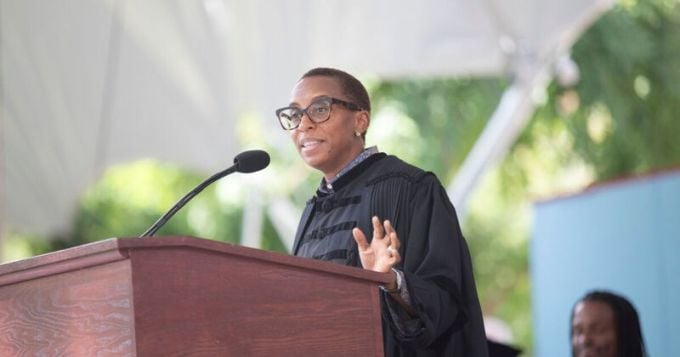
Claudine Gay four months ago, welcoming the class of 2027. Photo: Harvard University
The Israel-Hamas conflict that began on October 7 has led to anti-Semitic debates and protests on American campuses.
Thirty Harvard student groups issued an open letter, asserting that “Israel bears full responsibility for all ongoing violence” and calling for “action to stop the ongoing destruction of the Palestinian people.” The letter sparked a backlash, while Ms. Gay and the school board were also criticized for not publicly condemning the Hamas attack.
Three days later, under pressure from donors and alumni, Ms. Gay issued a statement condemning Hamas and asserting that "no student group has spoken out on behalf of Harvard University."
Amid escalating tensions, in order to ensure a safe and inclusive educational environment, the US Department of Education launched multiple investigations into anti-Semitic acts at universities in late November. Claudine Gay and two other presidents were summoned to testify before the US Congress on December 5. There, Gay refused to answer directly about how the school handled the tensions. She said there had to be a balance between protecting free speech and keeping students safe.
When asked if calling for genocide against Jews violated Harvard's bullying and harassment policy and asked to answer yes or no, Claudine replied: "It can, depending on the circumstances. When words turn into actions, we will step in."
Claudine's ambiguous attitude has angered many alumni and donors to Harvard University, who have called for her resignation. 70 US lawmakers also signed a letter asking the boards of trustees of the three universities to participate in the hearing to remove the president.
Gay’s troubles continued when The Washington Free Beacon published 39 allegations of plagiarism in her research. The newspaper focused on her 1993 essay in the history journal Origins, her Harvard doctoral dissertation, and two articles in 2012 and 2017.
Among them, his 1997 doctoral thesis titled "Taking Power: Black Electoral Victory and the Redefinition of American Politics " was accused of incompletely citing many parts of a 1996 work by Bradley Palmquist and Stephen Voss. This thesis had been awarded for its excellent quality.
This violates Harvard's citation rules, which state: "taking any ideas or language from another person without clearly citing that source in your paper is considered plagiarism."
However, the school board denied the accusations, saying that it had noticed errors in her research before, but they did not violate research principles and there were no signs of plagiarism.
After these scandals, Ms. Claudine Gay is said to have lost credibility with Harvard's donors. In the past three years, the university has received over $50 billion in donations, mostly from alumni. In 2023, donations accounted for about 45% of Harvard's budget. However, some alumni plan to withdraw their donations.
Bill Ackman, the billionaire CEO of the Pershing Square Foundation, has strongly criticized Ms. Gay and announced that he will withdraw his multibillion-dollar donation to the school, according to The Guardian. The Len Blavatnik family, which has donated more than $200 million to Harvard in previous years, has also stopped donating.
Alumni were also upset that the number of early applications for Harvard's 2024 admissions cycle was only about 7,900, down 17% from last year and the lowest in four years.
“A lot of alumni are very upset about how the school handled the crisis,” said Sam Lessin, a tech investor and Harvard alumnus.
Ms. Gay’s resignation has brought joy to many, but many are concerned about the division in society. They believe that the criticism aimed at Ms. Gay stems from racism, according to The Guardian. Some say that Gay was chosen as principal not because of her qualifications, but because of the goal of promoting diversity at the school.
The Harvard Board of Trustees thanked Gay for her service as president, but also condemned some of the “racist” comments directed at her. Amid the criticism last December, 700 Harvard faculty members petitioned to keep Gay as president.
Ms Gay said she experienced racist personal attacks after her testimony at the hearing.
“It is painful to see my commitment to eliminating hate and maintaining academic integrity questioned and to have been subjected to personal attacks and racial threats,” Ms Gay wrote in the letter, dated Tuesday.
Claudine Gay, 53, is the first black president of Harvard University. She was born to Haitian immigrants in New York and is a political scientist and African-American. She took office last year when the US Supreme Court ruled against considering race as an admissions criterion, a breakthrough for universities.
Doan Hung ( According to The Guardian, AP )
Source link









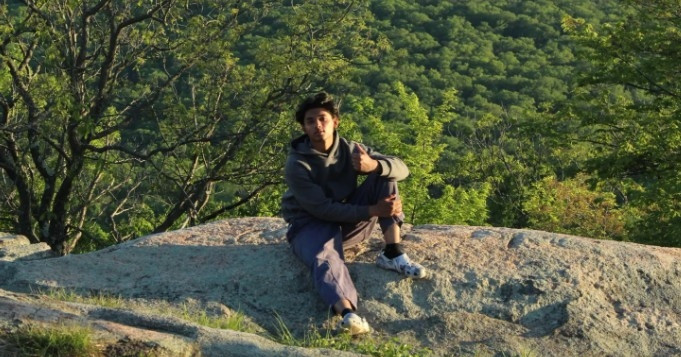

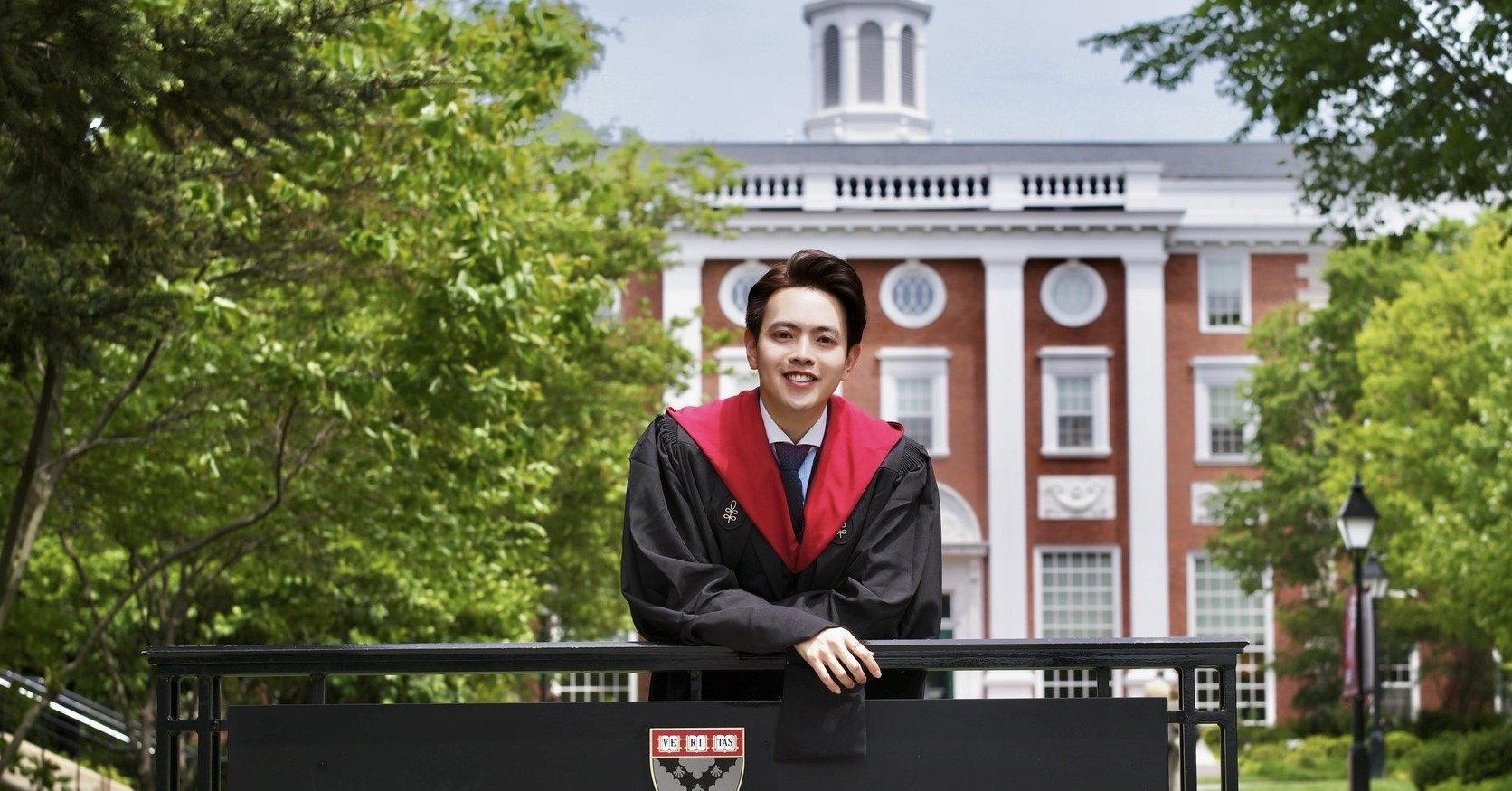
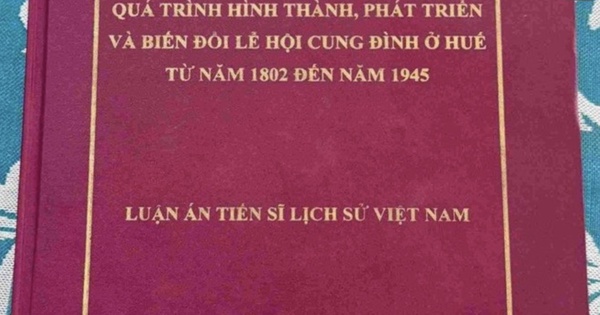

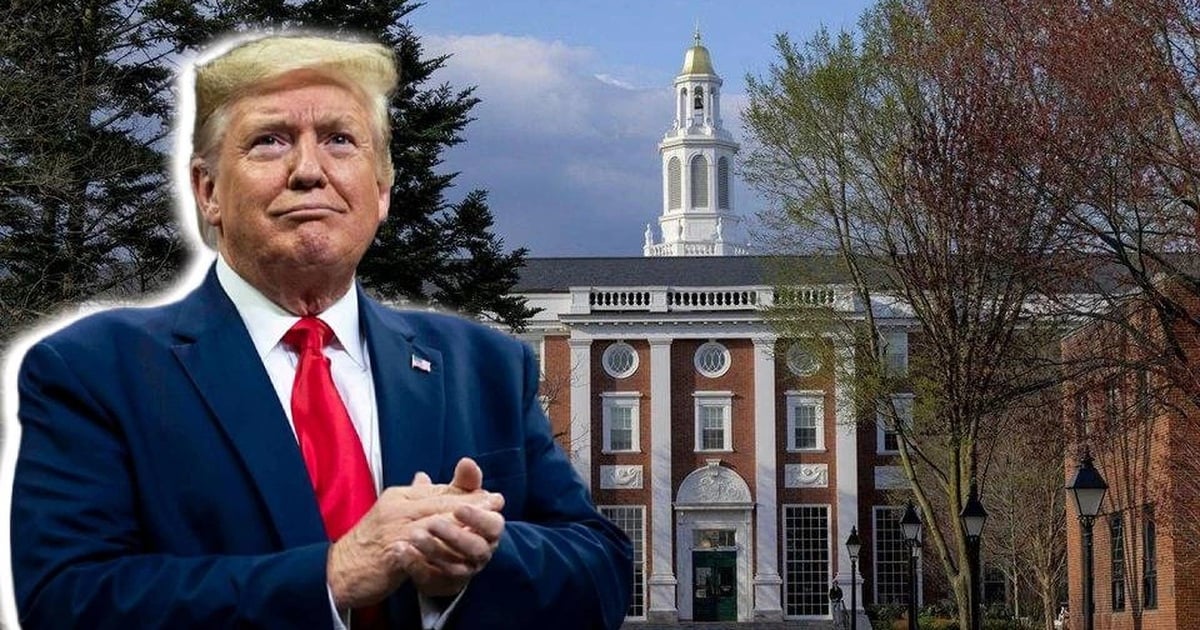

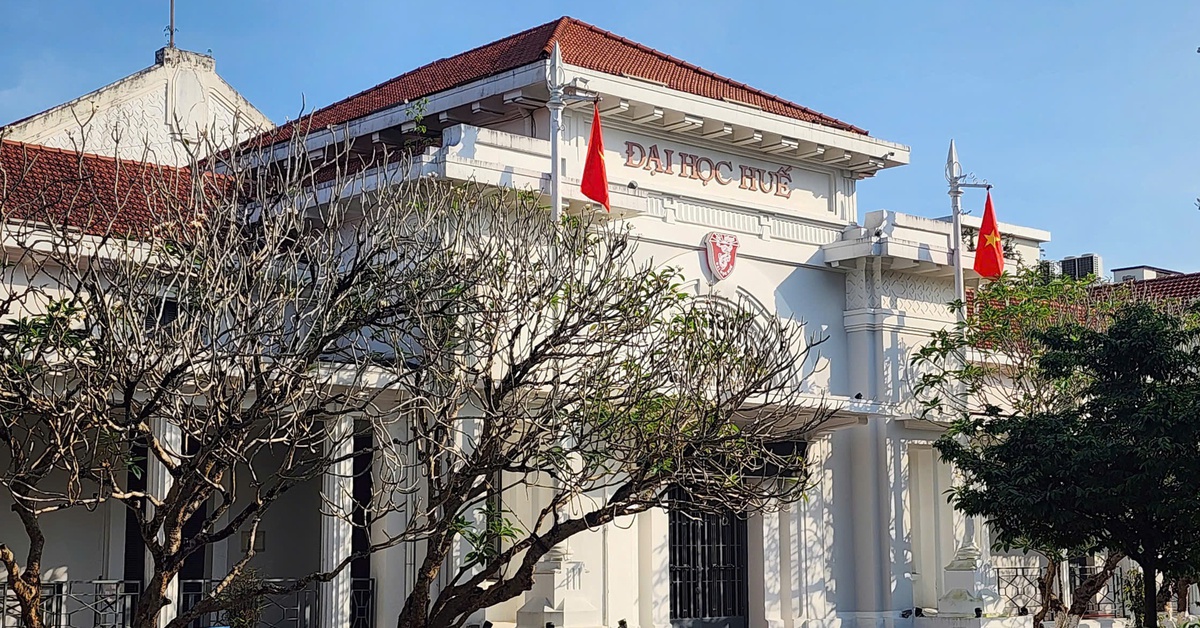

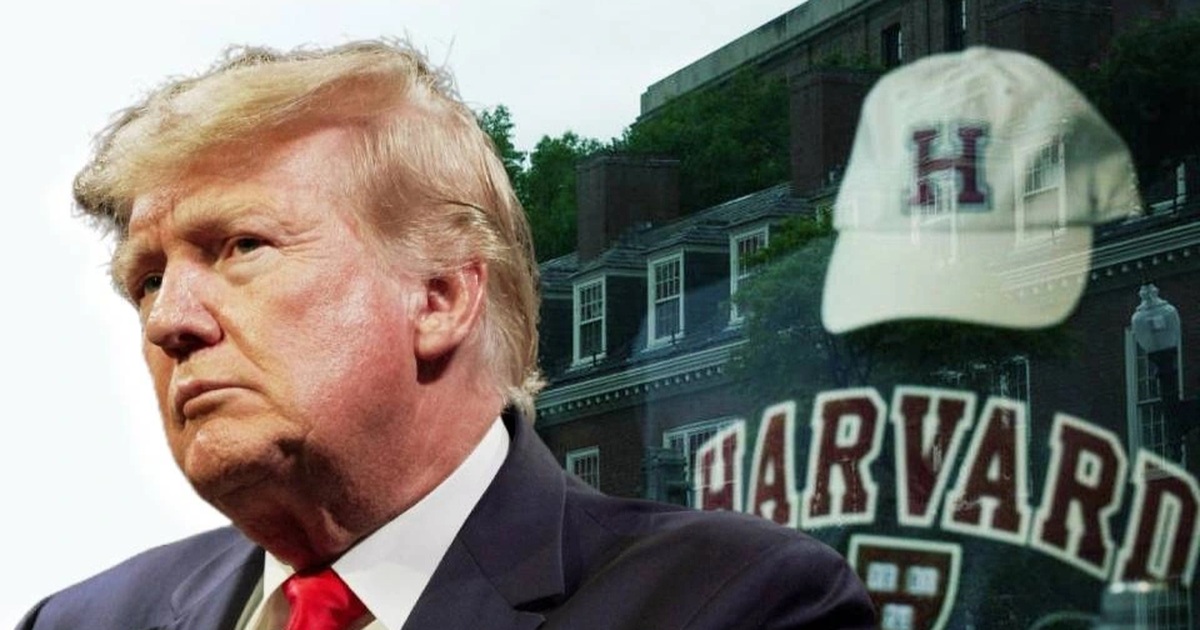
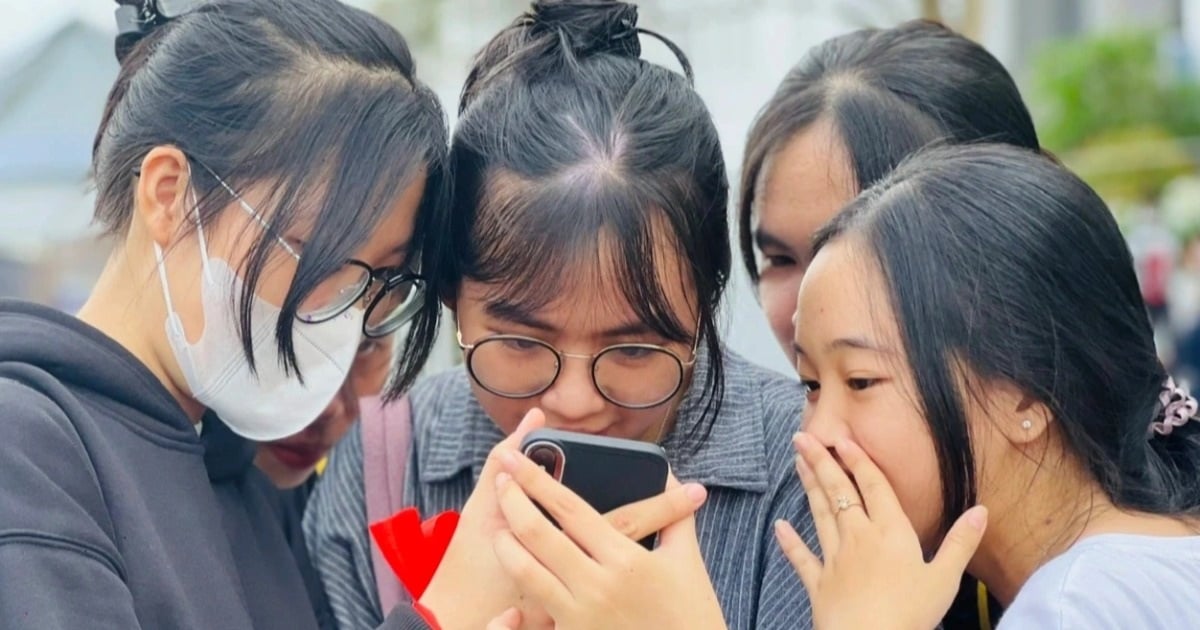



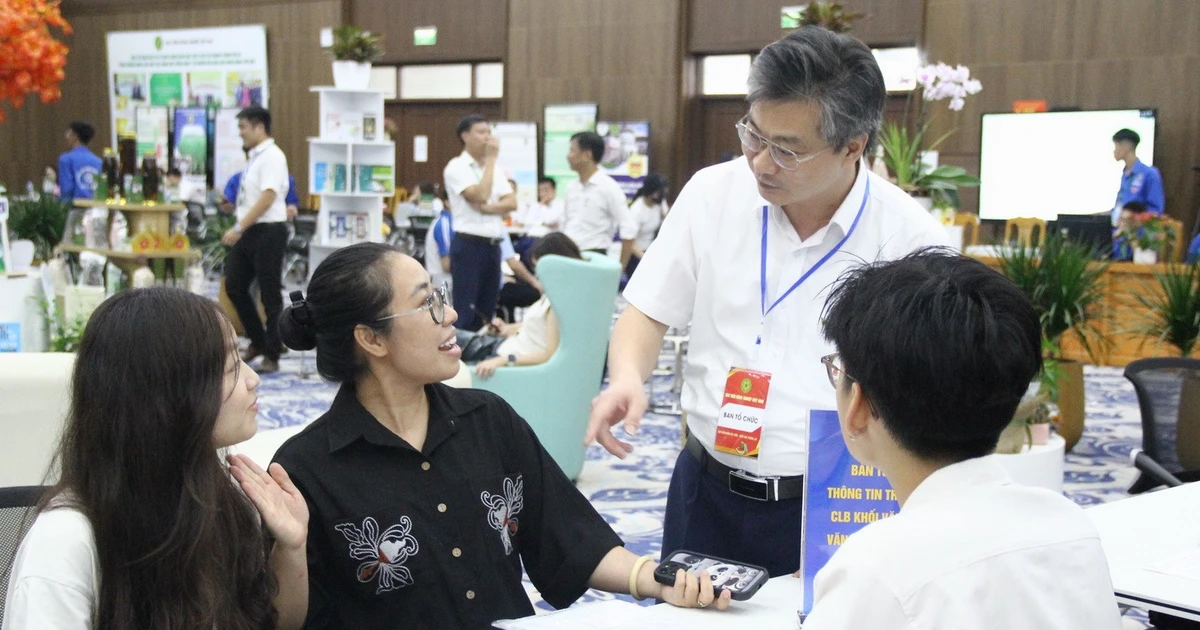





























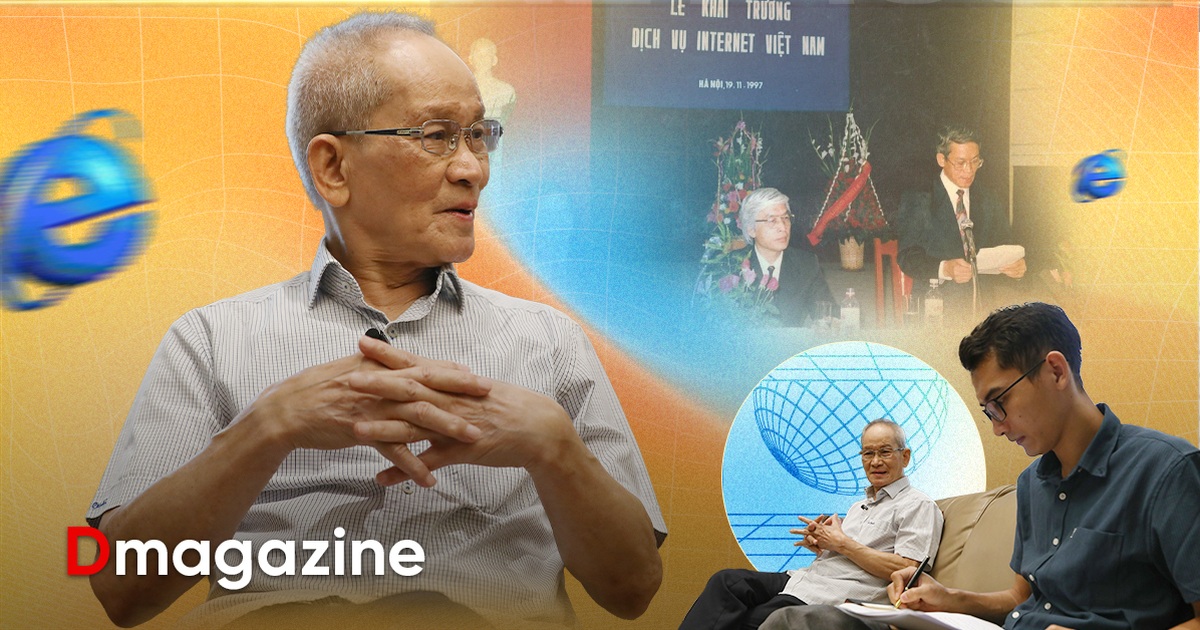

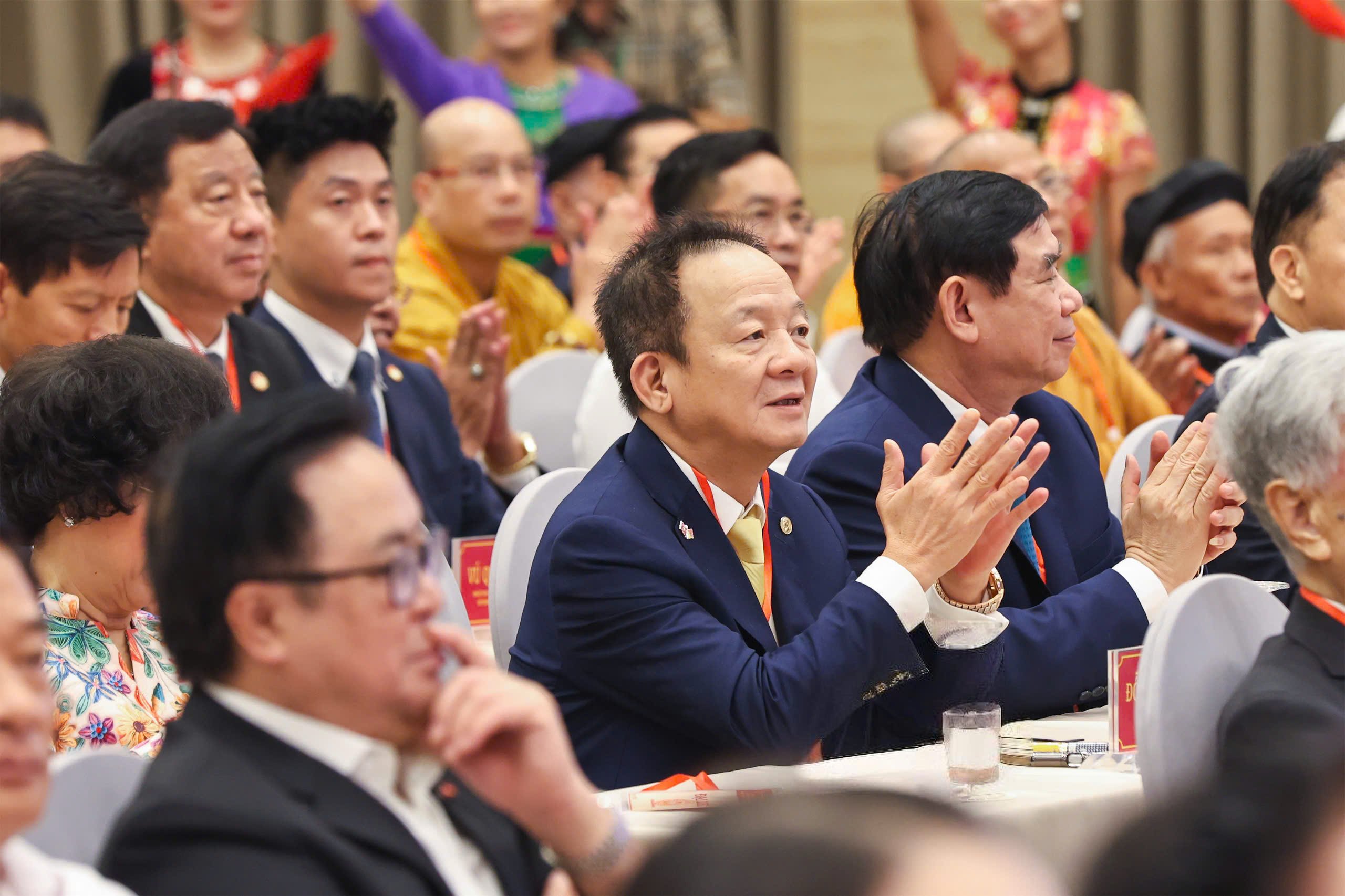












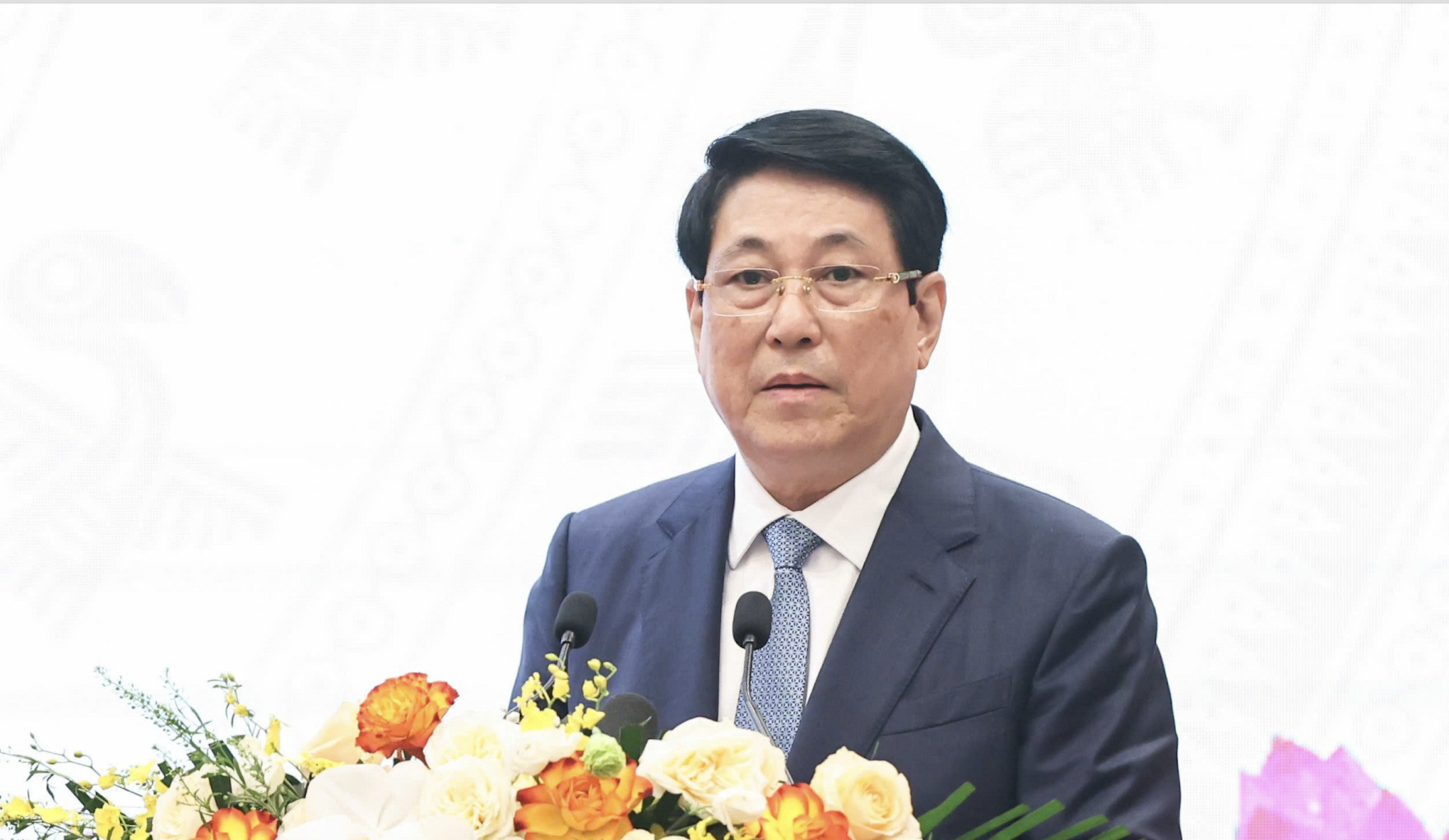





















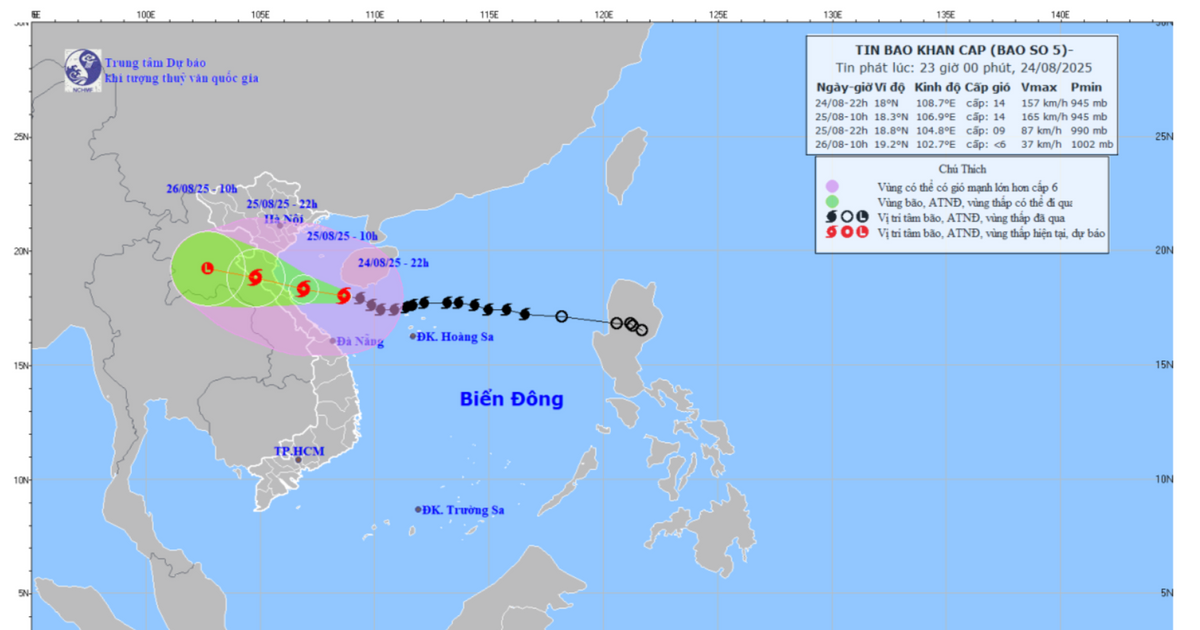



















Comment (0)